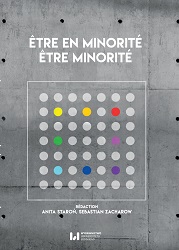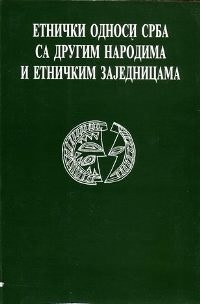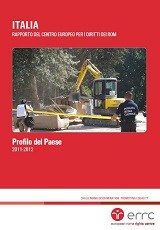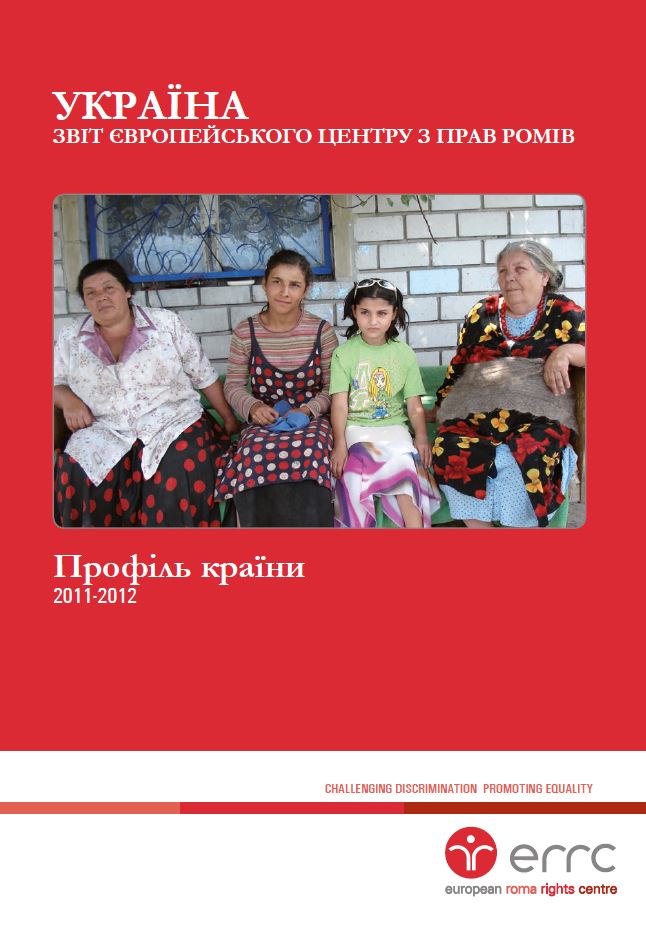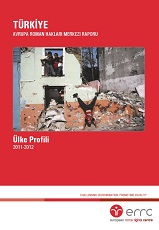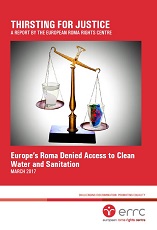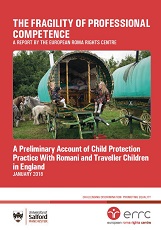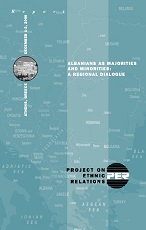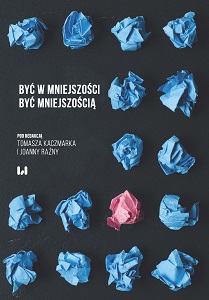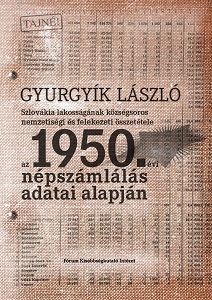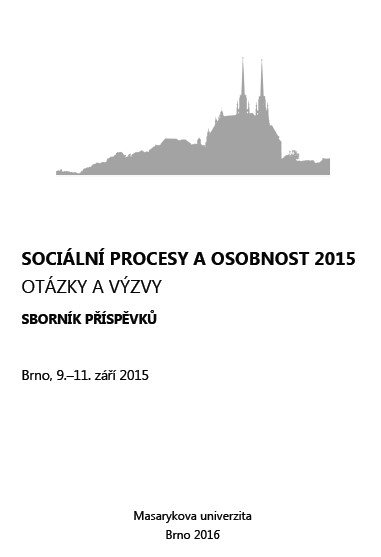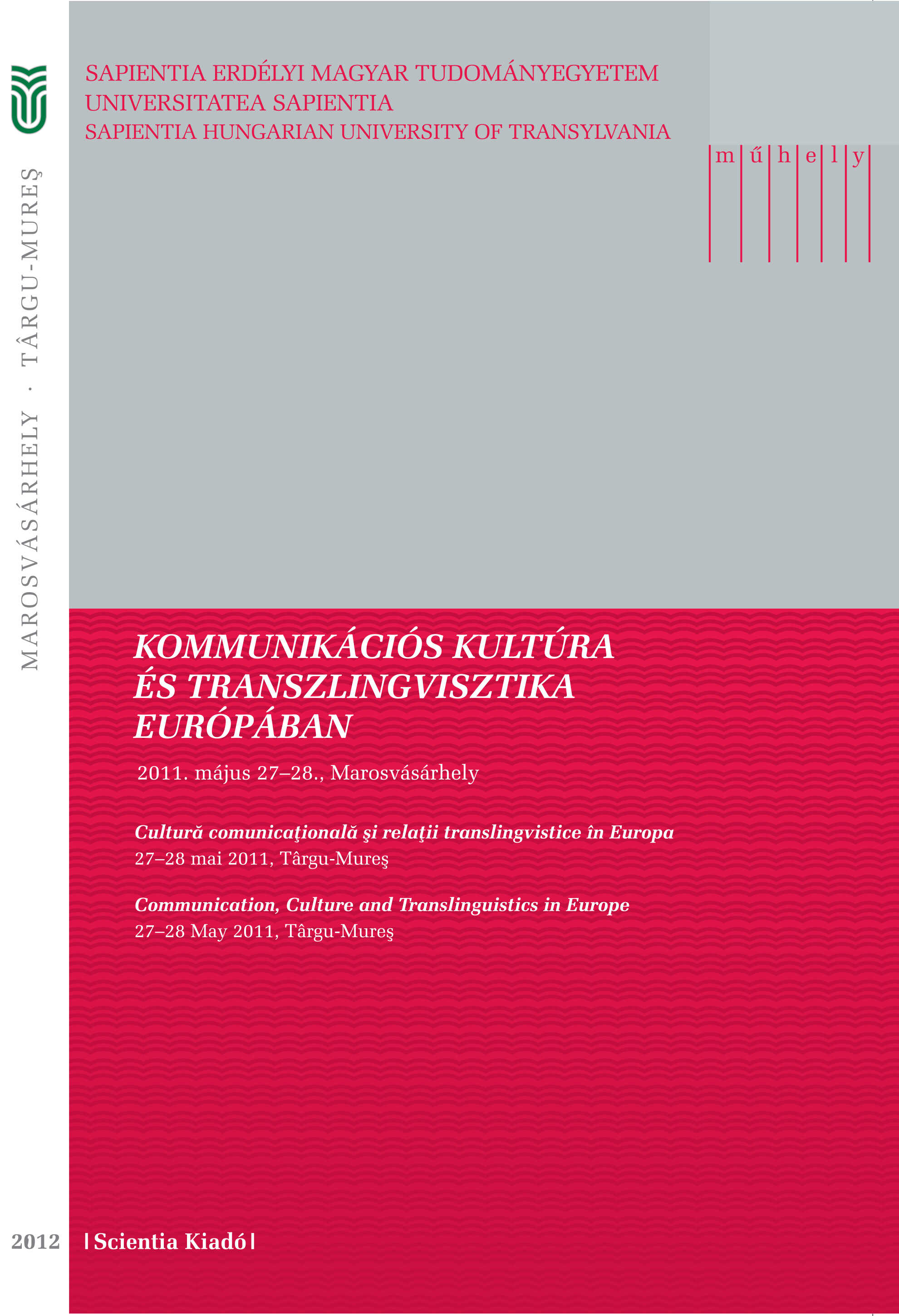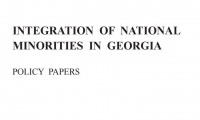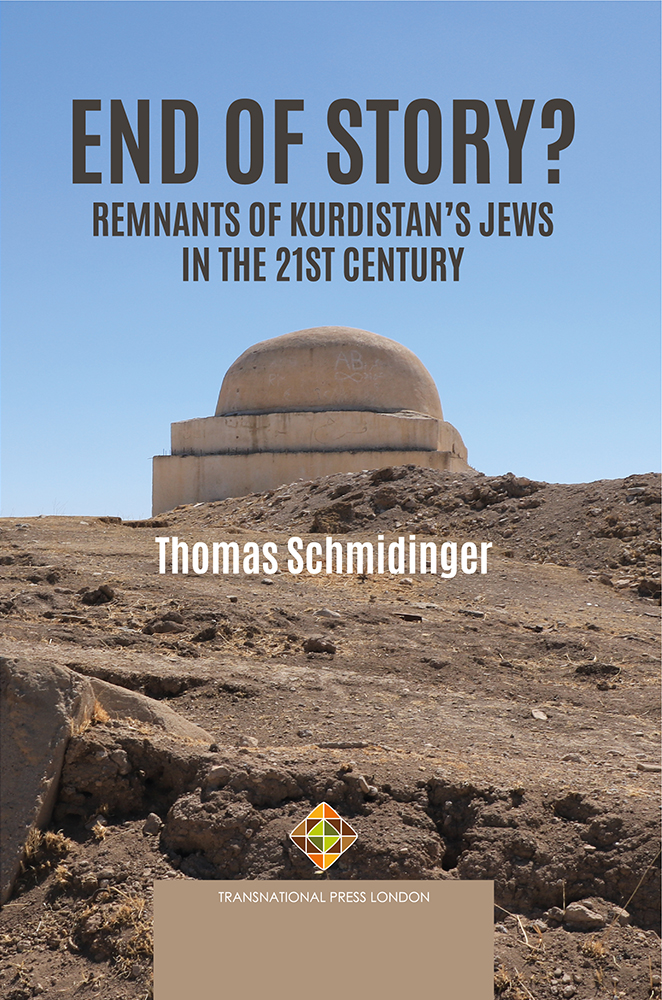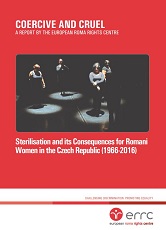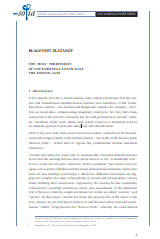
How to be Karakachan in Bulgaria?
This text will focus on the identity of the Karakachans in Bulgaria – a former nomadic community forced to settle down at the end of the 50s and the beginning of the 60s of the last century. The Karakachans are Orthodox Christians and speak a specific Greek dialect. That, together with their former way of life and cultural tradition, makes them different from both Greeks and Bulgarians. This particular group gives a unique opportunity to outline the constant mental mapping and re-mapping carried out under specifi c national and transborder circumstances. The Karakachan case is, in a way, comparable to the “ethnic revivals” or “re appearances” of other small Balkan ethnic groups on the social, economic and political scene of the changing region1 Nowadays the small ethnic (local, ethno-confessional) groups (Karakachans, Gagauz, Gorani, Yuruks, Armenians and others) are not at the centre of the most severe Balkan confl icts. Some of them, the Vlachs/Aromanians, for example, have occasionally been in the focus of international contradictions; however, the gradual social integration, assimilation and emigration have reduced them in number and importance during and after the clashes of the “big” nationalisms. The very survival of some of the small Balkan ethnicities in the near decades is under question. Given the fact that both many of the Bulgarian Karakachans and quite a few authors share this view, the presentday situation proves to be much more complex and controversial. [...]
More...
